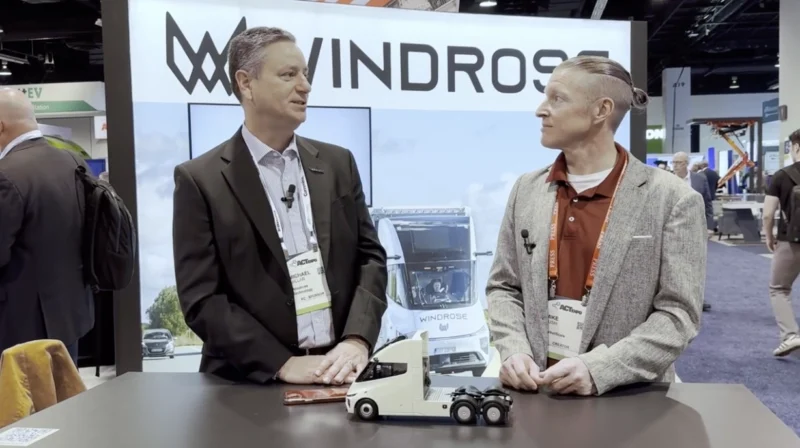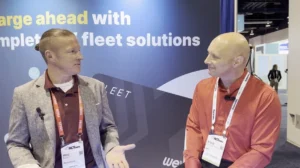Transforming Transportation in Africa with Electric Vehicles: Roads, Rails & Rides
The transition to electric vehicles includes considerable transformation. The automobile industry, although innovative, has been stuck in its dependence on gasoline. As countries around the world begin to change the way they think about cars, Spencer Korankye is leading the effort in Ghana, Africa.
“EV for Africa is about easy, accessible electric vehicles. There are challenges we face, mostly around infrastructure,” Korankye shared. Ushering in this new way to think about transportation depends greatly on an infrastructure that’s already strained.
“We have to build up the community for electric vehicles to be feasible. The traditional grid doesn’t always have enough power for the cities. We have to look at other alternatives like solar and renewable energy,” Korankye added.
The revolution of the electric vehicle is culminating in “digital innovation and transformation,” in Korankye’s words. It’s not only building the infrastructure for charging, but his initiatives also include converting gas cars to electric—a repurposing that can sustain the life of a vehicle, rather than it ending up as scrap metal.
The future of efforts in Ghana include collaborations with industry leaders. Korankye’s group is currently working with Bharat Mobi, an Indian-based company that creates kits to modify vehicles to electric. “We’re working Bharat Mobi to train African youth on electric vehicles. The program focuses on skills training and about the opportunities for electric vehicles in Africa,” Korankye said.
As an advocate for electric vehicles, renewable energy, and empowering the next generation, Korankye stands as a leader in this crusade. He hopes to spread the message beyond Ghana and throughout Africa.









